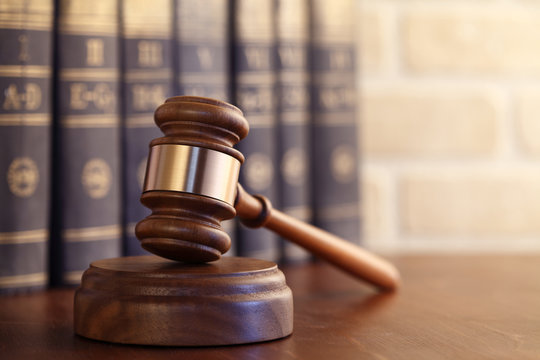Judge vs jury – the jury is out

THE EDITOR: Jury trials are used in a significant share of serious criminal cases in many but not all common law judicial systems. The majority of common law jurisdictions in Asia (such as Singapore, India, Pakistan and Malaysia) have abolished jury trials on the grounds that juries are susceptible to bias. The jury system was also abolished in Germany in 1924 and Singapore and South Africa in 1969, to name a few.
Many decades ago I was called for jury service. My feeble attempts for exemption failed. The trial was for attempted murder and lasted a few days. It turned out to be very interesting, informative and thought-provoking – it was indeed a learning experience.
At the end of closing submissions by the prosecutor and the accused's attorney, the judge summarised the case and “guided” the jury along the lines of law since none of the jury panel was versed in law. We were then ushered into a room to discuss the case and come up with a verdict.
In short, the case was not as clear-cut as one would think and soon animated discussions filled the room. However, as time passed the conversations digressed from the matter at hand.
One jurist wanted to leave because the children needed dinner and another was adamant that the Bible said to forgive 70 times 7. One weighed in that the accused had “suffered” enough and should be freed.
To make a long story short, we returned to court and our foreman delivered a not guilty verdict. I have always remembered the stunned look on the judge’s face – his jaw seemed to have dropped and the accused was set free.
In those days it was rumoured that if you erred as a member of the jury, you would not be called back for jury service. Suffice it to say that I have never been called back.
While I was leaving the court, I saw the accused also leaving – alone. It would seem as though not even his friends and family expected him to be freed.
In my opinion, trial by jury is one of those ideas that is fantastic in theory but in practice has various problems that are more or less inherent in humans. Judges on the other hand are trained to deal with matters such as these – it is their livelihood, almost akin to a doctor or a pilot or even an engineer.
The question to be asked is: What about today’s juries is impartial? The process of
voir dire (jury selection) has transformed itself into a type of mini-trial with opposing counsel fighting each other in the selection of jurors who may be biased towards their cause.
John Grisham’s book The Runaway Jury (writer of over 40 legal thrillers) cited the effort, time, background research and techniques used in "putting together" a jury.
This process seemed to have been more important than the case itself. The accused employed the latest hi-tech needed to track potential jurors and get into how they think. This allows him to choose jurors who will likely vote the way he wants them to. In this case, someone who appeared to be who he is not “wormed” his way onto the jury and turned out to be a wild card.
On paper, the jury is like a beacon of democracy, but is it really? There is no doubt that the jury system has valiant aims but is it really aligned with modern society?
The stark reality is that juries are seldom impartial and are often not knowledgeable with the issues at hand.
It is also a burden on individuals who have to take time off from their jobs, fearful of their own safety and often traumatised by the contents of the case and then are often stigmatised by the decisions they make.
The verdict is out – the Attorney General opines that the system would provide for a more expeditious criminal justice system and emphasised that few people want to be jurors. The system is also quite costly.
Independent Senator Evans Welch opposes judge-alone trials and stated that “this bill is dead on arrival.”
My personal opinion is that one of the main issues is "bias” and this can come from anywhere. So why not leave judgment to the learned judges?
TERRENCE KALLOO
via e-mail


Comments
"Judge vs jury – the jury is out"